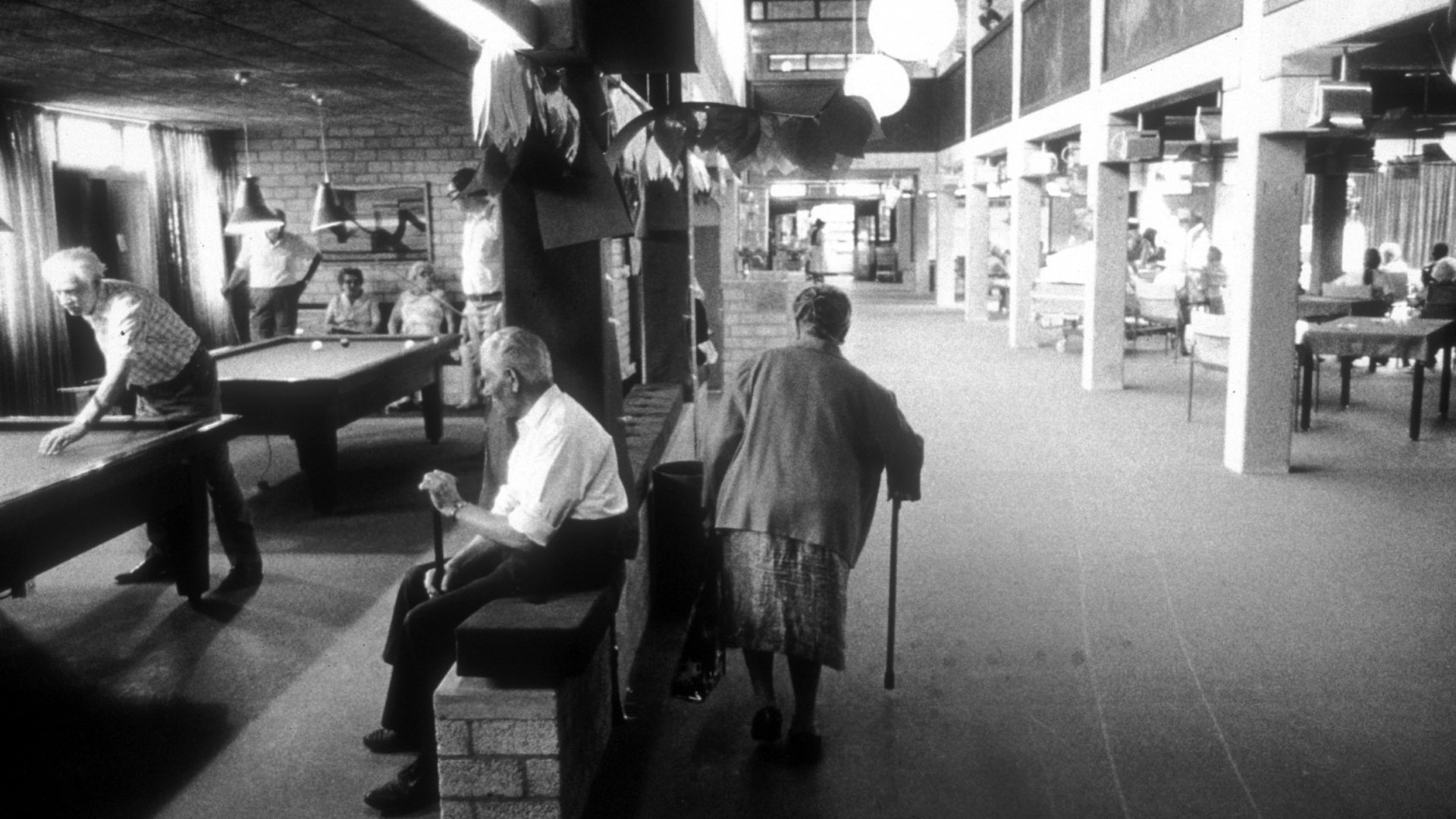 Care home Drie Hoven, Herman Hertzberger, Amsterdam, Netherlands (1964-1974)
Care home Drie Hoven, Herman Hertzberger, Amsterdam, Netherlands (1964-1974)
Modulverantwortung: Didier Balissat, Joni Kaçani
Lehrteam: Didier Balissat, Joni Kaçani, Dr. Bernhard Böhm
Assistant: Shehrie Islamaj
By the year 2050 around one third of Lucernes population will be older than 65. Even quantitatively, the concerns of this peer group cannot be considered a marginal phenomenon within our future cities any longer.
Today, Structures for assisted living dedicated explicitly to them are highly socio-spatially marginalized as they are designed following exclusively functional criteria (like hospitals), constructively highly determined (like hotels) and spatially isolated from their immediate context (like storage rooms). This allows for little to no alternative appropriation of these structures to absorb societal shifts like the demographic one described before and will turn them into the ruins of our times in the future.
This semester we will transform and extend existing architectures dedicated to care for the elderly, turning them from spatially and socially isolated facilities into public infrastructures that form an integral part of the city and its society. Understanding these places not simply as structures for accommodating or nursing the future majority of our society but as spaces of labour in the sense of social interaction opens new perspectives on these facilities that could prevent their ruination. In ethnographic field studies guided by a sociologist we will elaborate an understanding of the multiple and diverse forms of the visible and invisible as well as the paid and unpaid care labour within these structures.
This analysis will form the basis to transform the analyzed buildings with the today missing front regions that are adequate for the various social interactions between workers, residents, neighbors, and the public to complement the sophisticated back regions that offer the still and imperatively needed spaces of retreat in order to overcome the (soon) outdated paradigm of retirement as withdrawal from society and the thereof resulting socio-spatial marginalization of both care labour and the ones being cared for.
Events
Thursdays, Atelier F400